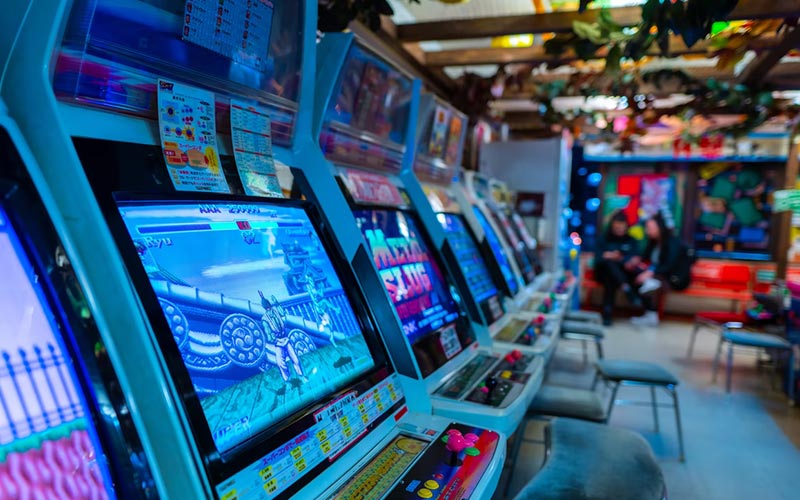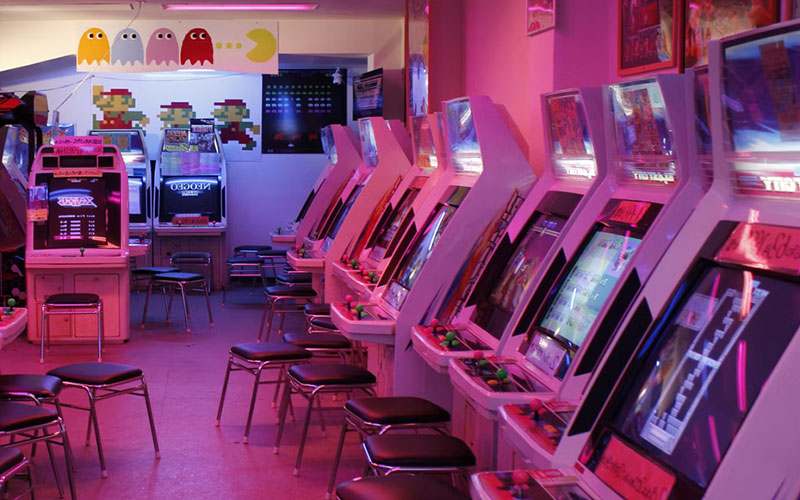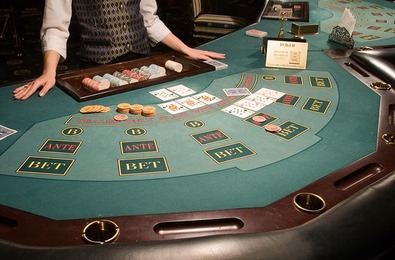The State of Gambling in Central Europe
There is a diverse climate in gambling markets in Central Europe. Some economies are still developing, while certain jurisdictions are already well-established in the region. Opening a local casino business is a lucrative idea. Read this article to learn the prerequisites for obtaining a licence and regulation specifics in every country of the area.

Online Casino Market offers assistance with starting a gambling enterprise. Our experienced managers will take good care of all the aspects of your new business.
Overview of Gaming in the Region
This territory is profitable for the web entertainment business. Germany is the dominant country income-wise, while there are some other quickly developing states.
For instance, Switzerland is one of the wealthiest countries in the world which is only just starting its gaming journey. Meanwhile, Poland is a quickly developing country in terms of economy. It expands its casino sector with huge potential for it to become comparable to the giants soon.
Let us review these and other countries in Central Europe in more detail:
Germany
This is the biggest market in the entire region. Only in 2019, the business reported over €16 billion in income. The GGR for that time added up to €2.2 billion. It is anticipated to develop significantly by 2024.
As every state holds separate administrative power, the overall regulative structure is rather complicated. Some gaming acts cover the entire country, such as GlüStV. It includes a variety of arrangements settled by the rulers of all 16 provinces. Each part of the country can present guidelines that will be an expansion of the original.
The overall situation in Germany until 2021 looked like this:
- bets on sports and horse racing can be offered on the Internet;
- lotteries are liable to monopolising;
- all remaining types of gambling are prohibited.
The fresh rules have introduced changes which permit online gaming as well. However, some table games are still restricted. The content needs to be approved by the authorities, with operator groups not being permitted to change it significantly. The new structure has enabled iGaming licences to be given at the governmental level. Other types of entertainment should be permitted by the operational province.
As for rules in Germany:
- the number of licences for internet casinos will be equivalent to the documents given in each state for physical establishments;
- operators who present sports bids and horse races can receive a limitless amount of permits.
Yearly charges for licences are reliant upon the distributor's annual turnover. It can start at 0.1% of incomes to a limit of €71,000 and 0.03% of profits in case the organisation's turnover surpasses €100 million. Operator groups are likewise expected to supply security sums of up to €25 million.
In 2021, the rate of taxes for internet activities was brought to 5.3% of the general earnings. Additionally, web casino content is subject to VAT.
Switzerland

The business sector of the land was majorly changed in 2017–2018. New norms made iGaming activities legal. Gambling platforms produced a GGR of over €21 million in the initial half-year from their launch in July 2019. The area has been developing dramatically since then.
In the Swiss jurisdiction, it is not easy to establish a gaming project. The licence to introduce internet sportsbooks and lotteries was only obtained by 2 organisations. The permits for web casinos are only possible to gain by owning a land-based establishment. Still, it does not make ambitious operators stop on the way to their goal.
Facts about Switzerland:
- there are 21 ground gaming halls in the country;
- only 8 of these work on the Internet;
- offline casinos are permitted to cooperate with foreign web operators.
The market is rather intriguing for distributors who are interested in signing a partnership deal with local gambling establishments. The quantity of potential contenders is capped, and all of them are subjected to similar requirements.
Authorities that take care of the local market are:
- ESBK (responsible for regulating casinos);
- Comlot (in control of lotteries and bookmakers).
Licence expenses fluctuate depending on the situation. The cost relies upon the time which is spent for the authorities to evaluate the request. The usual rate is going between roughly €90–320 an hour.
Offline gaming licences are legitimate for 2 decades, and internet permissions are attached to them. However, authorities can give permits for a different period whenever they consider it appropriate.
Online casinos are dependent upon a dynamic tax rate running in the range of 20% and 80% of the GGR. The minimal numbers apply to revenues up to €2.7 million.
Liechtenstein
The state does not regulate web gaming. The country also does not give out licences for establishing an internet business. However, land-based casinos have been permitted since 2017. They have earned about €50 million during their first year.
The local gambling clubs gain income from participants coming from neighbouring countries. User exclusion records are not shared with these nations. This leaves the entryway open to players that have no other opportunity to partake in gambling.
The country facilitated the world’s first web draws, PLUS Lotto (formerly Interlotto) in 1995. The charity organisation ILLF also brought a lot of entertainment, such as instant raffles and games with scratch cards.
Austria
Up to 2027, web gaming and lotto content in the country will be run only by 2 monopoly groups. The procedure of obtaining a permit that has granted them power was a subject of discussion. The usual state of events is going to exist for the rest of the ongoing licences' legitimacy period. €10,000 was the price for a permit in 2012. Operators needed to add €100,000 after official approval.
The internet betting market in the country is open. Permits for sportsbooks are given by the province where the business resides. There are no general government-induced guidelines.
In many Austrian territories, these rules solely relate to sports games but certain states permit:
- live wagering;
- bets on political, social and other events.
The authorities regulate solely offline bookmakers. However, operators with a licence for land-based activities are free to offer their content on the Internet. The expenses spent on a permit are dependent upon the area where the company is based.
The regulatory body plans to carry out certain changes to the gambling administrative structure. They are inspired by the German model. The proposition involves increasing taxes on income and organising a committed authoritative body to issue licences and uphold guidelines.
Hungary

The local gaming sector has rather severe limitations. The country holds monopolies in such fields:
- lotteries;
- sports wagering;
- horse races.
Web games must be presented solely by operator groups that have an allowance to run a physical club in the country. Regulations state that 11 companies can work in the local business, and there are no free permits left. Not all of these groups have an internet branch.
This setting makes it complicated for new groups to become a part of the local market. It is possible to sign agreements with physical clubs with no web arms, yet it is necessary to think of all pros and cons.
The licensing framework was deemed contradictory with EU rules by the Court of Justice. Another round of guidelines is likely going to be introduced sooner or later. Yet, no changes were offered.
Slovakia
The local internet gaming business sector started functioning in 2019, with the signing of the Gambling Act.
Lotteries are still monopolised, yet operators are now able to bring other entertainment types to the table. The guidelines established by the local authorities are rather severe. They are mostly following general EU principles, though.
Here are some overall facts about the local market:
- The number of accessible licences is not restricted.
- The expenses rely upon the particular kind of game introduced.
- A permit for fixed odd wagering activities costs €3 million.
- A licence for casino entertainment has a price of €5 million.
The validity terms depend on what type of document needs to be received:
| Permit for 1 type of gambling | This one is legitimate for a decade from the day of receiving. It concerns both web and ground activities of any category |
| Mixed licence | Such a document is valid for 5 years. There is a possibility of renewing it |
Charge rates differ by the kind of project. For example, casino amusements are charged at 22%, while bingo is set at 5%. The tax assessment on wagering processes is determined mostly depending on the turnover.
The Czech Republic
The local entertainment sector is also one of those that were forever changed by the Gambling Act. The arrangements have covered all parts of the business. Only fantasy competitions are presently disallowed.
The area has begun developing with an even bigger force after 2018. It has reported a 16% annual revenue rise in 2019, gaining an income of €1.36 billion.
The development is mostly driven by casino games and wagering on athletic events:
| Slots | The sector gained €690 million. Out of all, €109 million have come from web activities |
| Sports bets | The segment earned €316.6 million, with a dazzling €297.4 being credited to bids on the Internet |
A restriction on ground slots may be applied soon. The Czech capital’s authorities expect to uphold the ban in 2024.
The quantity of licences accessible has no limit. The expense to get one is small — about €190. However, companies are expected to place €1.15 million for each entertainment type. Tax assessment is fixed at 35% of the GGR for tech games. Others will be charged at the 23% rate.
Poland

The local entertainment field is one of the most fascinating and promising in Central Europe. Gambling in the country is overseen by the regulations of 2009, which were fully overhauled in 2017, though. As a result, more authority was given to the lawful market, and illegitimate activities were banned.
Since then, the country’s gambling sphere rose majorly by its worth:
| 2015 | €0.11 billion |
| 2018 | €1.82 billion |
| 2020 | €5 billion |
Guidelines are almost the severest ones on the entire continent. Authorised distributors can offer online bids on sports and horse races. The current worth of the betting field is over €1.6 billion.
The state has monopolised iGaming activities, and there is one legitimate digital casino in the region. There has been an issue of problematic punters, due to which, the severity of the administrative system makes sense. However, the problem was handled effectively. Over the recent 5 years, the number of participants with addiction was down by around 20%.
The number of betting permits is not restricted. The licence is legitimate for 6 years. The cost of the document is determined by economic factors and now amounts to about €100,000. Tax assessment is normally 12%. There is an exception for wagers on animal contests, charged at 2.5%.
The Main Things about Gambling in Central Europe
The region has major potential when it comes to starting a betting or casino business. There are a lot of opportunities for operators to make a name in local countries like Germany, Austria, or Poland.
Online Casino Market can help you with choosing the correct jurisdiction to start your business. Our experienced managers will assist you in obtaining essential documents and other important tasks.
The company suggests a large number of services:
- game development;
- turnkey project creation;
- security software integration;
- marketing and advertising support, etc.
Contact our professionals to start productive and beneficial cooperation.
Check the information used to contact us carefully. It is necessary for your safety.
Fraudsters can use contacts that look like ours to scam customers. Therefore, we ask you to enter only the addresses that are indicated on our official website.
Be careful! Our team is not responsible for the activities of persons using similar contact details.







 Demo
Demo



